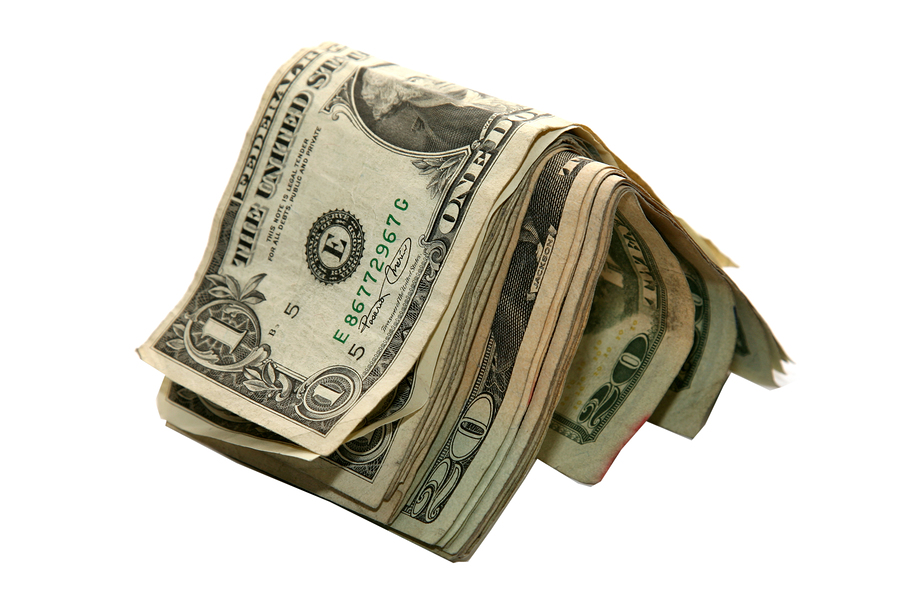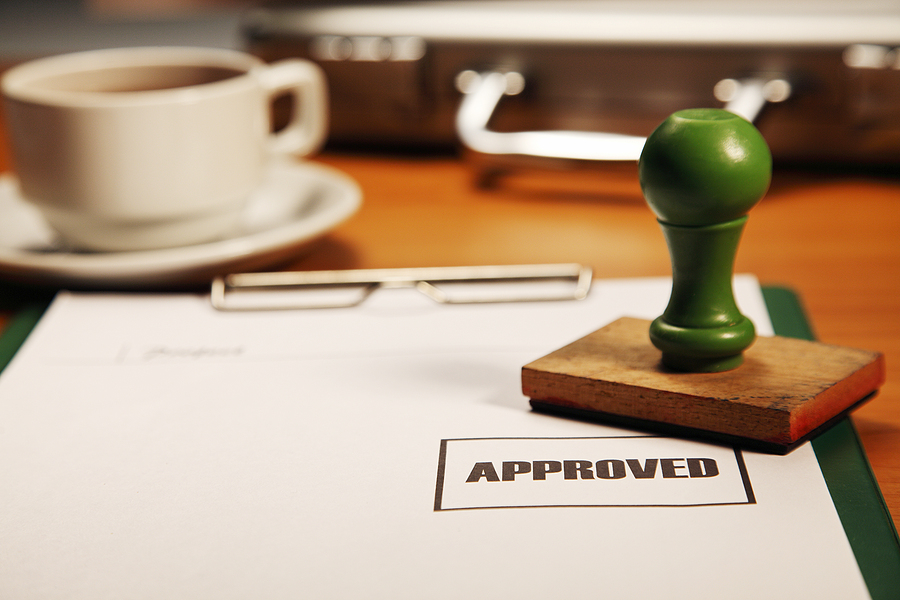According to a study done by Northwestern Mutual, an average American has about $38,000 worth of debt to pay, not including house mortgages. It was even found that Americans tend to spend 50-100% of their salaries to pay their debts.
Getting a debt means you’ll also have to pay lots of interests, especially if you have bad credit and you’re just starting to build yourself up again. Paying your debt off can help you get a better credit score and at the same time, help you save more money.
While it’s fine to keep on paying your credit with the minimum and complete the rest of your term, you need to know that you can avoid paying more interests if you finish your loan early. In fact, whether you have federal or private student loans, there may be a way to get a lower interest rate on student loans than what you’re currently paying. The 2 main ways to achieve this are by refinancing student loans at a lower rate, or by setting up automatic student loan payments.
If you’re ready to speed up paying your debts, no matter what it is, here are some tips we’d like to share to help you.
Learn to budget
Some people find it hard to stick to a monthly budget but once you get the hang of it, you’ll see how this can be very worth it. Every time you get paid, pay what has to be paid first and then make a list of how much you should be spending on important things like food, transportation, or rent.
Once you see how much money you’ll be spending, this will allow you to know where you can cut back or which isn’t a priority yet. If your salary allows, you can either give your remaining money to your savings account or make an advanced or extra payment for your debts.
Don’t just pay the minimum
Speaking of sending in extra payments for your debts, let’s get to this point already. Obviously, you might save a lot of money from paying your loan off early because of the interests you won’t have to pay for a long time. Paying just the minimum amount each month is never really a good idea.
Try to pay an extra $50-$100 each month if you plan on finishing your term in less than five years. However, it’s understandable that there will be times when you just can’t put that extra amount towards your credit. This is fine as long as you avoid consistently doing this.
Avoid adding more debt on your list
While you are paying off your debts, try to avoid using your credit card for as long as you haven’t significantly lowered your balance. However, knowing that you only have a small balance left to pay can also promote using your credit card.
Discipline is necessary, of course, for you to avoid getting into more debt. Not having to borrow more money is a benefit you could also get from having a budget. There’s really no need to freeze your credit card in the freezer. Just think of how you can spend the money you are paying towards your credit once you’re free from it.
Use the Strategies or Methods When Paying for Your Loans
The two most popular methods to pay your debt off are known as the debt avalanche and the debt snowball. The debt avalanche method simply means prioritizing paying your debts with the highest interest like student loans or credit card bills. Meanwhile, the debt snowball is about prioritizing the smallest debt and moving your way up to the next.
Experts would still strongly suggest the avalanche method as this is still technically the best way to save money from paying interest, but it’s still true that not everyone can do this right away. The debt snowball method is suggested if you can only focus on the small loans for the meantime.
Start asking if you can get lower interest rates
There are times when you can receive letters from other financial institutions or credit unions to refinance your loan with a lower interest. However, not really everyone wakes up with this in their mailbox.
You can still start asking about this yourself. A lot of banks offer refinancing or other options to help you pay your loan off faster too. You can directly ask if there’s a way for your interest to be lowered and some banks will only require you to have paid for about 6 months for this option.
These are just a few tips for you to start planning out how to deal with your existing debts. There are still other ways for you to do this, but you always have to keep your lifestyle and needs in mind to be able to efficiently pay all your debts.
Image Source: BigStock.com (licensed)
Related Categories: Money, Reviews






